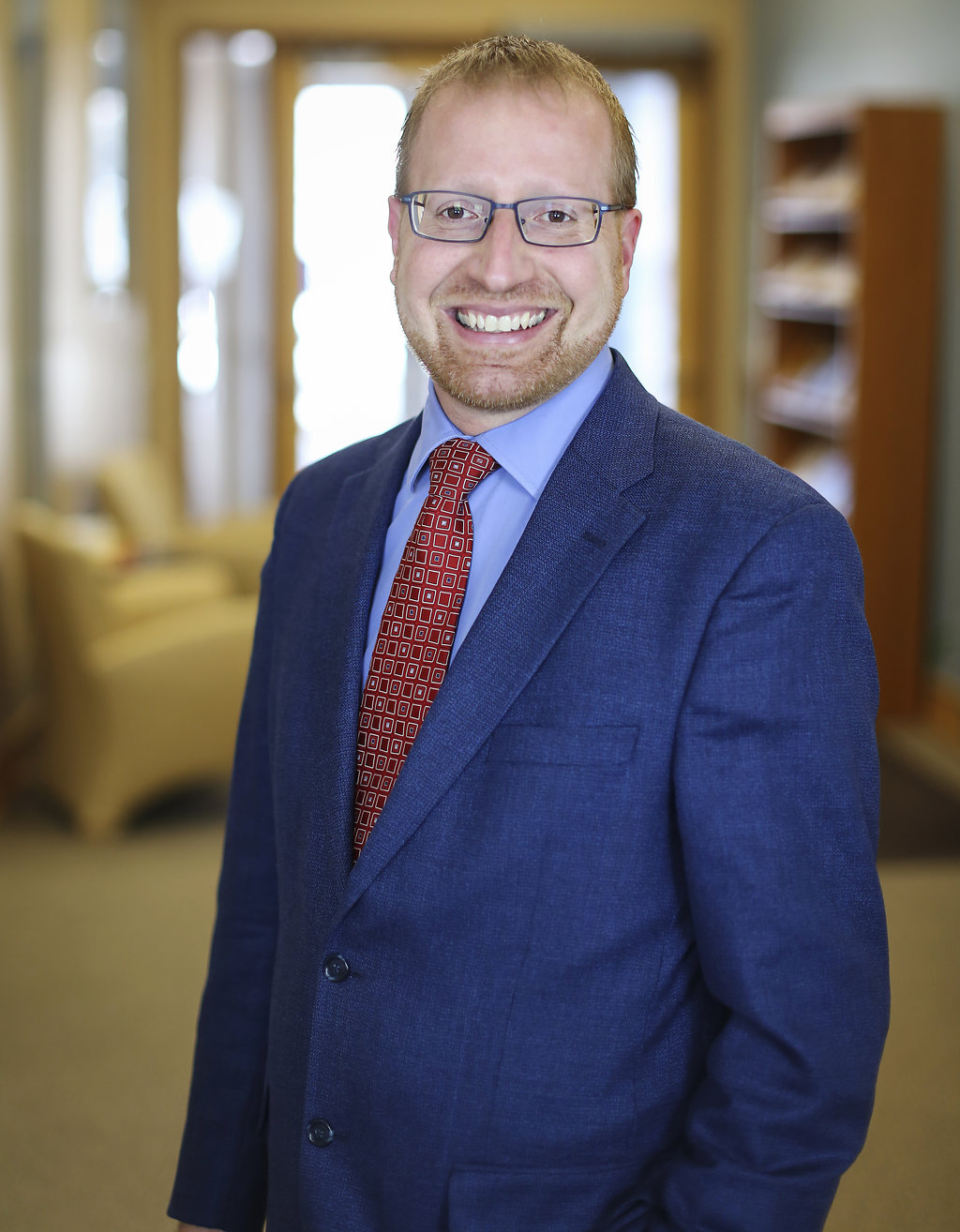
At the time of the SSMS formation in 2016, student sexual misconduct reports were increasing, and the University was looking to build a hearing process that was responsive to the dynamics of sexual misconduct cases. That process continues to evolve as the SSMS has refined procedures; as case law has emerged; and as stakeholders in this work have considered competing narratives about due process and protections for students. Kevin believes there is a lot of value in the work that the subcommittee has done to ensure all parties are protected in the process. “I feel like we are creating a greater sense of fairness, and that is important to me,” he says.
As Director of International Health, Safety, and Compliance at the University, Kevin is responsible for the safety of all University travelers abroad; which means that day-to-day, he focuses on making sure that students and faculty can gain new experiences and explore new places, while helping ensure that travelers stay safe and in compliance. The work translates well to his job as a co-chair of the SSMS. In misconduct hearings, it is his responsibility to provide a safe space for students to tell their stories and work through their experiences, but he is also responsible for making sure that the process is fair and in compliance with procedures.
While it is nearly impossible for both parties to feel resolved by a panel’s decision, the hearings give students an opportunity to make their case, to ask unresolved questions, and hopefully to find some closure. The decisions are never reached without considerable discussion and analysis by panel members, and with attention given to what the safest outcome is for the students, and the University at large. This work separates the subcommittee from other governance committees, in that committee decisions do not lead to drafting statements or resolutions to go before the University Senate. Rather, subcommittee members primarily serve as hearing panelists, and are scheduled to sit for hearings when students request that University findings or sanctions be reconsidered. When Kevin was looking to get involved in governance, he was drawn to the subcommittee because the work had immediacy, and the decisions that members made were not about legislative action, but about helping students get to the bottom of what has happened in their cases, and feel supported by the process.
Given the emotional toll that these issues take on students, and the high stakes in the sanctions for sexual misconduct, there is understandably a heavy focus on how universities are navigating the issues. There are also plenty of polarizing opinions about how the work is conducted, and Kevin says that pushing back on misconceptions is part of being an SSMS member. There is a misconception that the hearing process is one-sided, that the fate of a case is pre-determined and one party is guaranteed to “win,” but it is much more nuanced than that, Kevin says. It can be easy for outsiders to perceive that the formal hearing process is skewed one way or the other, or that the process is stagnant or outdated, but the committee members are continually attending trainings and working to make sure the process is as fair as possible for the students.
Kevin knows that some may also perceive that hearings are conducted in a hidden room somewhere with elusive faculty members that do not have a pulse on student life today. But he argues that panelists are students, faculty, and staff who have volunteered to be trained for these cases, and who have committed to help navigate these conduct issues for our students.
“I know not to take it personally,'' he says, “but it feels weird to read mainstream news calling these hearings “kangaroo courts,” because it totally diminishes the work and dedication that the committee and other University offices put into the hearings. It also diminishes the very difficult experiences that the students are facing,” he added. “At the end of the day, there are always going to be multiple perspectives on what may seem, at the outset, like a clear cut case or decision.” For Kevin, that is a large draw to the work; “it is very intellectually stimulating in that way.”
When not on campus, Kevin spends time on other life pursuits. Mostly, he says, his time is devoted to raising his two kids. But, there is nothing he loves more than stealing away for a day to a museum to immerse himself in the history and politics of another time, a nod to his undergraduate days as a political science major. These curiosities guide his travel ambitions as well. Well, that and his quest to find the world’s greatest dark chocolate ice cream scoop. Which for now, he says, he has found in Paris.